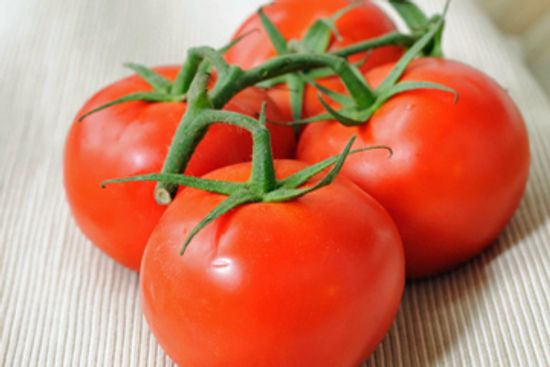Outdoor Allergies
Outdoor allergies bring seasonal sneezing, watery eyes and runny noses to many people. Learn how outdoor allergies work and how to reduce pollen exposure.

Why Severe Allergies Can Suddenly Pop Up in Adulthood
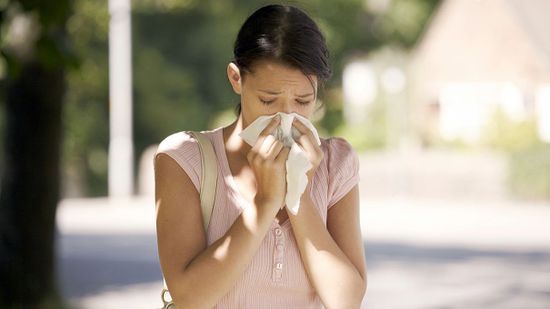
Can You Be Allergic to Your City?

Nothing to Sneeze at: Allergies May Affect the Brain

Goodbye to Allergies? Scientists Discover How to Trick Body's Immune System
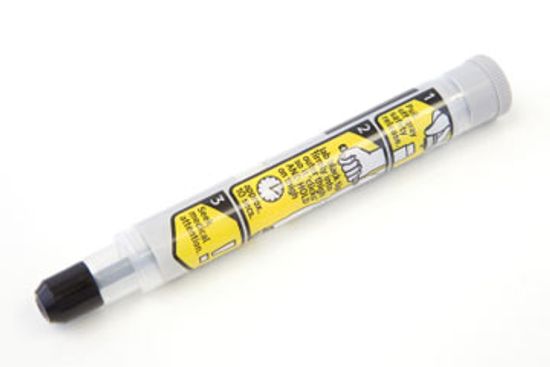
What does epinephrine do for anaphylaxis?

Top 5 Cat Allergy Symptoms

What Are Some Symptoms of Feather Allergy?
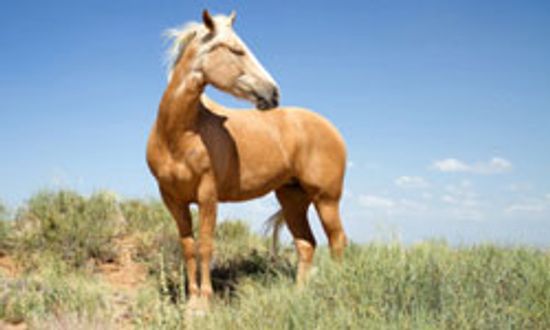
What are some symptoms of allergies to horses?

Why There Is So Much Confusion About Who Has Food Allergies

Adult-onset Food Allergies Are More Prevalent Than Previously Believed

Your Hay Fever Could Make You Allergic to Some Fruits
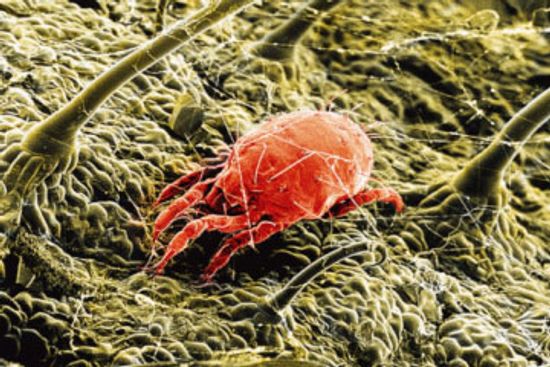
Is it possible to completely get rid of dust mites?
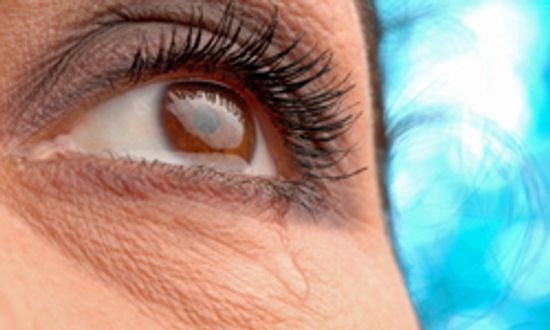
What are some signs of alternaria mold allergies?
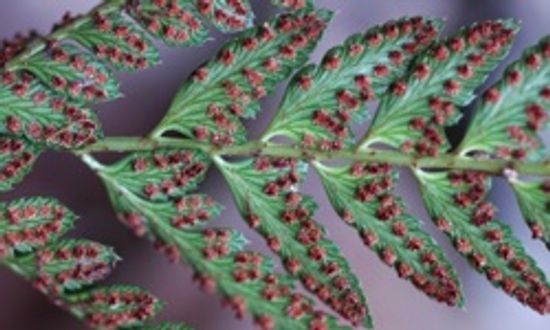
What house plants can cause allergies?
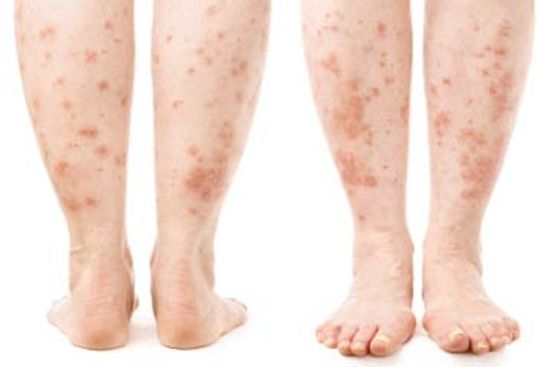
How long do skin allergy breakouts last?

Can red wine cause skin rashes?
